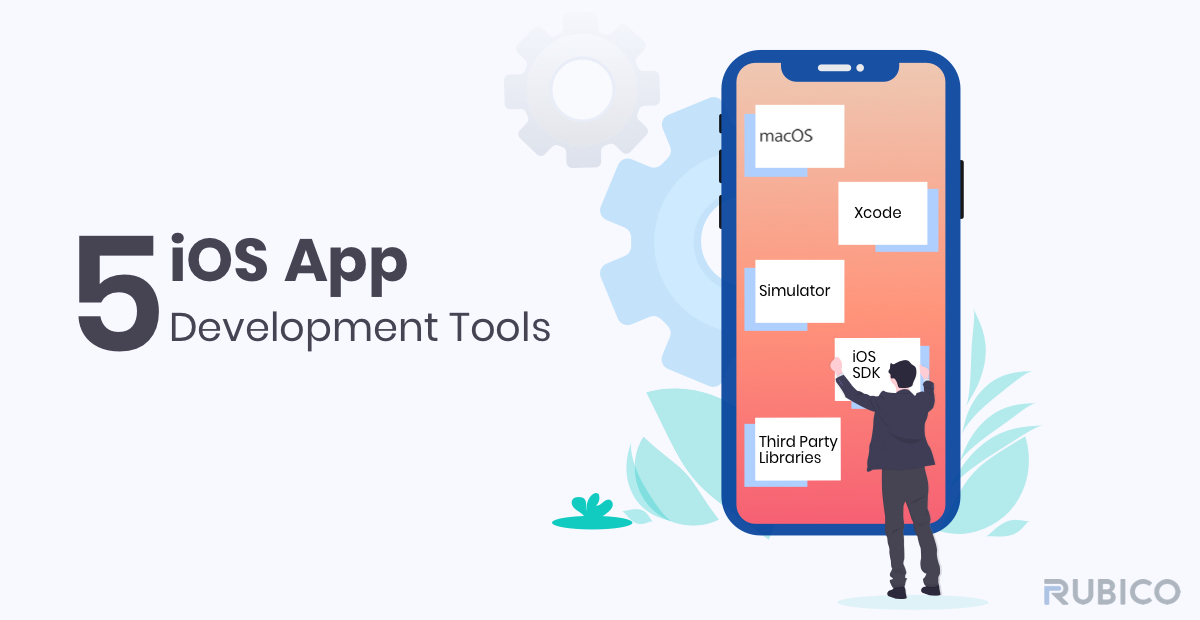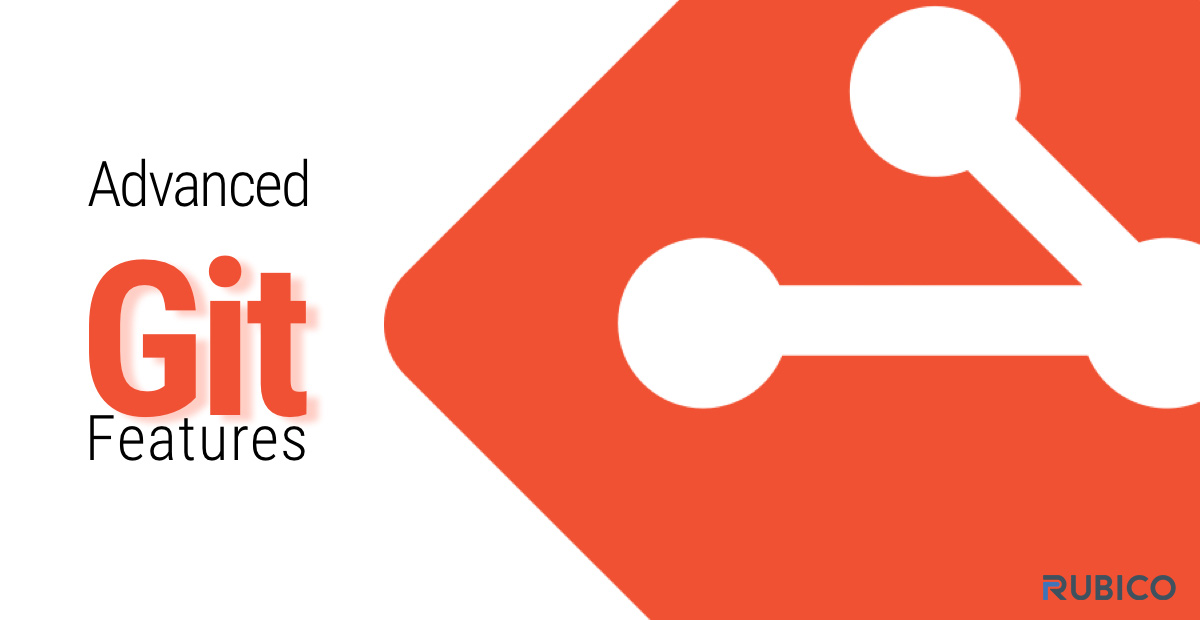How To Improve Your Life and Work With AI

Sitting in a lecture hall at Purdue University in the early 90s, surrounded by eager young minds, our professor stood at the front of the room and unveiled a concept that would revolutionize the way we perceive information. For the first time, I heard the term “World Wide Web.” The notion that we could connect computers globally to share information was nothing short of revolutionary. The classroom buzzed with a mixture of excitement, curiosity, and a bit of skepticism. How could this intangible “web” transform our world?
Shortly after, email emerged as another groundbreaking innovation. We marveled at the idea of sending messages instantaneously across the globe. It was a time of rapid technological awakening, and as students, we felt like pioneers on the frontier of a new digital era.
Fast forward to today, and it feels almost unimaginable to think about those early days of the internet. The technologies we once marveled at have become so ingrained in our daily lives that we rarely consider their origins. The monumental advancements of just the past two centuries like photography, the telephone, television, space flight, and more, while at one time inconceivable, today are integral to our daily lives. They have reshaped our society, economy, and culture.
Similarly, Artificial Intelligence is on the brink of becoming a part of our daily routine. It’s not a matter of if, but when, AI will be as commonplace as the internet or electricity. Already, AI is transforming industries, enhancing efficiencies, and opening up new realms of possibility.
The AI Revolution at Rubico
At Rubico, our team has been laser-focused in 2024 on exploring the big questions surrounding AI, as I am sure you are too. As AI continues to transform our society radically, it will undoubtedly have a profound impact on the workplace, especially in the realm of software development.
An AI-empowered strategy involves rethinking processes and workflows and strategically integrating AI tools to boost efficiency, improve deliverables, and enhance decision-making. This transformation is not just about adopting new technology, but about reimagining how we work.
Rethinking Processes
AI offers the potential to automate routine tasks, allowing teams to focus on more complex and creative aspects of their projects. For instance, in software development, AI can handle code generation, bug detection, and even predictive maintenance, freeing developers to concentrate on innovation.
Strategic Integration
Successful AI integration requires a strategic approach. It’s essential to identify the areas where AI can make the most significant impact and implement tools that align with these needs. This could range from using AI for project management to employing machine learning algorithms for data analysis.
Boosting Efficiency
AI-driven tools can analyze vast amounts of data at unprecedented speeds, providing insights that were previously unattainable. This leads to more informed decision-making and a more agile development process. For example, AI can predict project timelines, optimize resource allocation, and enhance collaboration across teams.
Improving Deliverables
By leveraging AI, we can achieve higher-quality outputs. AI’s ability to learn and adapt means it can continually improve its performance, leading to better software products. AI-driven testing and quality assurance ensure that applications are robust, secure, and meet user expectations.
Enhancing Decision-Making
AI can process complex datasets and uncover patterns that humans might miss. This capability is invaluable for strategic planning and decision-making, allowing CTOs and other leaders to make data-driven choices that propel their organizations forward.
While the AI revolution is here, and I do believe it’s time to embrace the opportunities it brings, it’s important to pause and reflect on three core questions.
1) Are You Being Used By AI?
While the AI revolution is here and offers immense opportunities, it’s important to pause and reflect on three core questions. The first question is, “How can you use AI rather than being used by AI?” A pertinent example is the pervasive influence of social media. Do people use social media, or are they used by it? Observing the world around us, it’s clear that many people are being used by it.
According to the Pew Research Center, a staggering 70% of social media users report experiencing negative impacts on their mental health, and the addictive nature of these platforms is well-documented. Social media companies prioritize profit, often at the expense of users’ well-being. This profit-driven model is increasingly true of AI developers today. The focus is on financial gain, sometimes overshadowing the potential to genuinely help humanity.
So, what should we do about it? Here are three simple ways to ensure we use AI rather than it using us.
Prioritize Ethical AI Practices
As CTOs and technology leaders, we must advocate for and implement ethical AI practices. This involves ensuring that AI systems are transparent, accountable, and designed with user well-being in mind. By prioritizing ethics over profits, we can develop AI tools that genuinely benefit society.
Maintain Human Oversight
While AI can automate many tasks, it’s crucial to keep humans in the loop. Human oversight ensures that AI decisions are aligned with organizational values and societal norms. This oversight can prevent AI from making biased or harmful decisions, ensuring that technology serves humanity’s best interests.
Educate and Empower Users
Educating users about AI’s capabilities and limitations empowers them to use these tools effectively. By providing training and resources, we can help users make informed decisions and avoid being manipulated by AI-driven systems. Empowered users are less likely to fall victim to AI’s potential pitfalls.
2) Can You Trust AI?
The second crucial question to consider is, “Can you trust AI?” AI is not ethically neutral. It is imbued with the ethics of its designers. Research has shown that AI systems can inherit biases from the data they are trained on and the people who create them. This means AI inherits the ethics of its coders, developers, and users. These large language models are not neutral forces. They reflect the values, prejudices, and limitations of the human inputs they receive.
AI does not inherently know right from wrong. It lacks a moral compass and does not have a subjective view of the world. For example, if you ask an AI about a topic of moral significance, it might give you advice that is ethically dubious or insensitive. This is because AI systems operate based on algorithms and data, not human empathy or understanding.
Given these limitations, it is essential to approach AI with awareness to make sure what outputs align with your values.
3) Am I Competing with AI?
The third essential question is, “Am I competing with AI?” The future is not about competing with machines but about becoming more human. We should focus on what humans can do that AI cannot. When the automobile was introduced, many people were skeptical of these machines, thinking, “I have my horses, why do I need a machine like that?” We should not let fear of the future cause us to make foolish errors.
Humans will always have an advantage over AI because we are created in the “image of God.” We are not machines. We are the most unique part of the universe. We should use AI to its fullest potential as a tool to help us become more human.
AI excels at analyzing vast amounts of data, identifying patterns, and performing repetitive tasks with high efficiency. However, there are distinct human qualities that AI cannot replicate.
Creativity and Innovation
Human creativity is boundless. Our ability to think outside the box, imagine new possibilities, and create art, literature, and innovative solutions is unparalleled. AI can assist in generating ideas, but it lacks the genuine creativity that comes from human experience and emotion.
Empathy and Emotional Intelligence
AI cannot genuinely understand or replicate human emotions. Our capacity for empathy, compassion, and understanding allows us to connect with others on a deep emotional level.
Moral and Ethical Judgment
Humans possess the ability to make complex moral and ethical decisions. Our understanding of right and wrong is shaped by culture, experience, and personal values. AI lacks this nuanced understanding and relies on predefined rules and data inputs.
Three Key Takeaways
To harness the full potential of AI and ensure it serves us rather than controls us, consider these three key takeaways.
Learn
AI is an incredible tool for learning new things and sharpening your skills, no matter what they are. From online courses and personalized learning platforms to AI-driven research tools, leverage AI to expand your knowledge and stay ahead in your field.
Serve
Use AI to provide better, more accurate, and efficient products and deliverables to clients. Whether it’s through improved data analysis, enhanced customer service, or streamlined project management, AI can help you deliver superior results and exceed client expectations.
Earn
By using AI to learn and serve, you can find new ways to provide value to others, which in turn can lead to increased earnings. AI can help you identify market trends, optimize your business strategies, and create innovative solutions that meet the needs of your clients and customers.
The AI revolution offers tremendous opportunities for growth and innovation. By approaching AI with a strategic and ethical mindset, we can ensure it enhances our humanity rather than diminishing it. Let’s embrace AI as a powerful tool to learn, serve, and earn, and use it to create a more productive, efficient, and ultimately a more enjoyable working environment.








